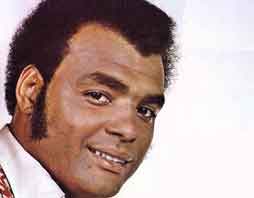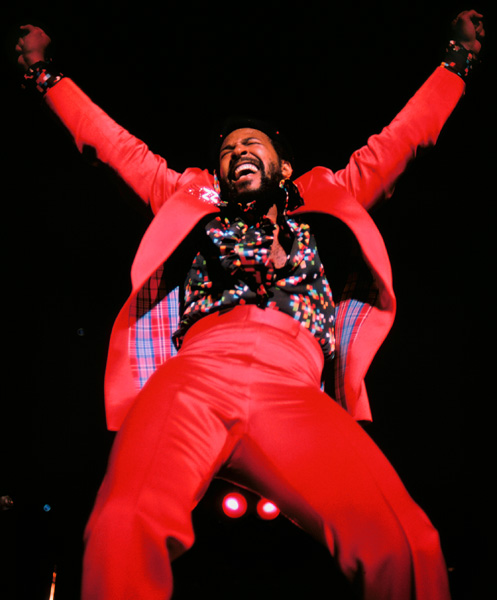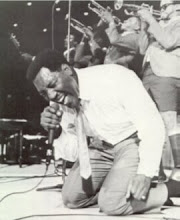

When John Lee Hooker died in 2001 he left behind a musical legacy that includes an overwhelmingly huge discography having recorded under several pseudonyms for many labels. Throughout his nearly 60 years of recordings he always displayed the John Lee Hooker signature style. There is however one album that is dramatically different. Call it "John Lee Gets Funky",1974's Free Beer and Chicken has a more exploratory feel with flutes, violins, synthesisers and even an African kalimba. Unfortunately the complete list of guest artists has been lost when the record company skimped on including an insert credit list with the original release. There are known appearances by Joe Cocker and violinist Sam Rivers. Like Muddy Waters' psychedelic Electric Mud and Howlin' Wolf's hard to find This Is Howlin Wolf's New Album..., Free Beer and Chicken was universally panned by blues purists, but I find it refreshing to hear new interpretations by the master. I also appreciate knowing that John Lee was always open to push the envelope and explore in different directions with a wide variety of musicians. Many of the tracks are edited and feel much too brief. I would love to hear the uncut master tapes. Maybe someday an expanded edition will be released, but seeing how hard this CD or vinyl is to find I'm not holding my breath.
John Lee Hooker: Make It Funky
The title says it all. John Lee brings the funk.
John Lee Hooker: Homework
"Get Down...do that funky sh-t!" John Lee directs. Something tells me he's not talking about school.
John Lee Hooker: 714 Blues
This is the tail end of 713-714 Blues. I'm not sure why they chopped the 714 bit into it's own track. The tune fades as JL gets us ready for 715. Kinda makes me wonder how long the jam continued...768 Blues?!









